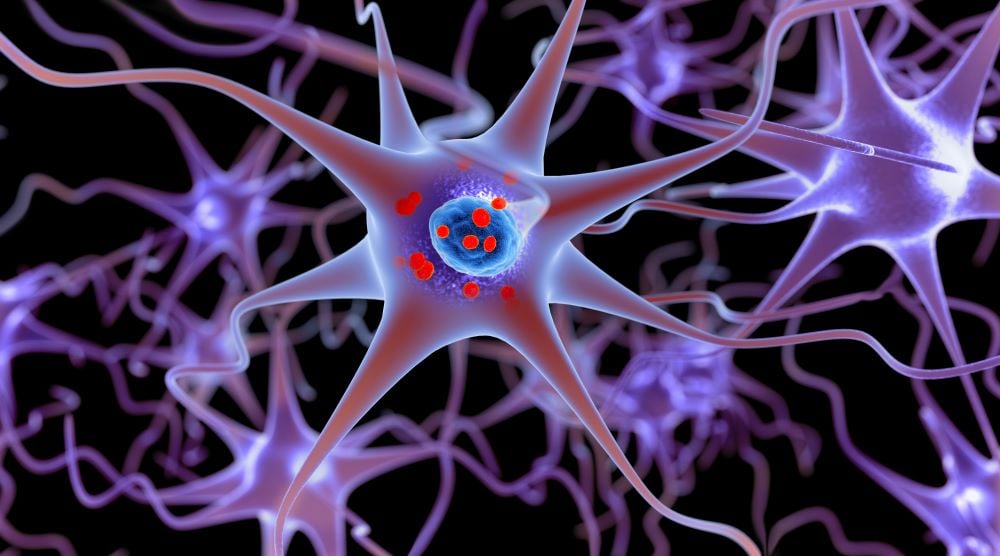All nine LBD+ participants had low 18F-dopamine-derived radioactivity before or at the time of diagnosis of central LBD
By Elana Gotkine HealthDay Reporter
WEDNESDAY, Nov. 15, 2023 (HealthDay News) — Cardiac 18F-dopamine positron emission tomography (PET) can identify at-risk individuals who are subsequently diagnosed with a central Lewy body disease (LBD), according to a study published online Oct. 26 in the Journal of Clinical Investigation.
David S. Goldstein, M.D., Ph.D., from the National Institutes of Health in Bethesda, Maryland, and colleagues assessed the predictive value of low versus normal cardiac 18F-dopamine PET in at-risk individuals. Thirty-four participants with three or more confirmed risk factors underwent serial cardiac 18F-dopamine PET at intervals of 1.5 years for 7.5 years or until diagnosis of Parkinson disease.
Nine and 25 patients had low and normal initial myocardial 18F-dopamine-derived radioactivity, respectively. The researchers found that eight of nine with low initial radioactivity and one of 11 with normal radioactivity were diagnosed with a central LBD (LBD+) at seven years of follow-up. All nine LBD+ participants had low 18F-dopamine-derived radioactivity before or at the time of diagnosis of a central LBD, while only one of the 25 participants without a central LBD had persistently low radioactivity.
“We think that in many cases of Parkinson and dementia with Lewy bodies the disease processes don’t actually begin in the brain. Through autonomic abnormalities the processes eventually make their way to the brain,” Goldstein said in a statement. “The loss of norepinephrine in the heart predicts and precedes the loss of dopamine in the brain in Lewy body diseases.”
Copyright © 2023 HealthDay. All rights reserved.








